Ecosystems
-
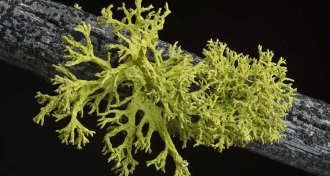 Life
LifeYeasts hide in many lichen partnerships
Yeasts newly discovered in common lichens challenge more than a century of thinking about what defines the lichen symbiosis.
By Susan Milius -
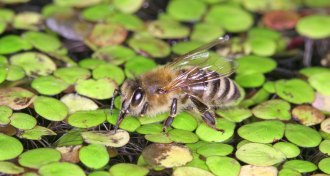 Animals
AnimalsTo douse hot hives, honeybee colonies launch water squadrons
The whole superorganism of a honeybee colony has sophisticated ways of cooling down.
By Susan Milius -
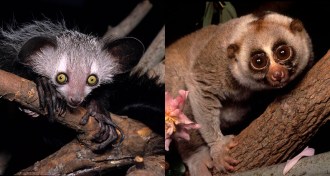 Animals
AnimalsSome primates prefer nectar with a bigger alcohol kick
Aye-ayes and slow lorises may be able to discern the alcohol content of boozy nectar and go for more potent drinks.
-
 Science & Society
Science & SocietyGM mosquitoes succeed at reducing dengue, company says
GM mosquito releases in Brazil have helped cut dengue cases 91 percent in a year.
By Susan Milius -
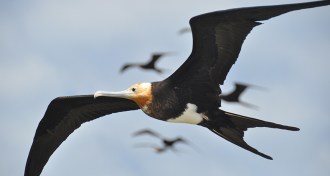 Animals
AnimalsFrigate birds fly nonstop for months
The great frigate bird can fly for up to two months without landing, thanks to a boost from wind and clouds.
-
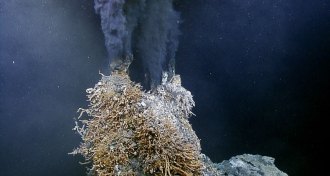 Oceans
OceansDeep-sea hydrothermal vents more abundant than thought
Ecosystem-supporting hydrothermal vents are much more abundant along the ocean floor than previously thought.
-
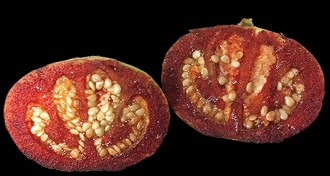 Plants
PlantsScary tomato appears to bleed
A new species of Australian bush tomato bleeds when injured and turns bony in old age.
-
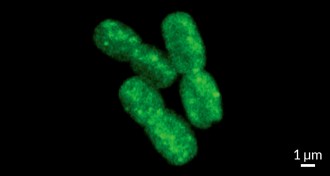 Ecosystems
EcosystemsOcean plankton held hostage by pirate viruses
The most abundant photosynthesizers on Earth stop storing carbon when they catch a virus.
By Susan Milius -
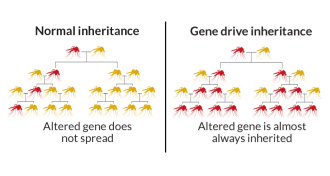 Genetics
GeneticsGene drives aren’t ready for the wild, report concludes
A type of genetic engineering called gene drives need more work, a National Academies report concludes.
-
 Environment
EnvironmentDeepwater Horizon oil spill caused months-long ‘dirty blizzard’
Pollution from the 2010 Deepwater Horizon oil spill accumulated on the seafloor for months after the leak was patched.
-
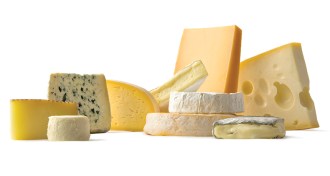 Life
LifeStudying cheese reveals how microbes interact
Microbiologist Rachel Dutton uses cheese rinds to study how microbes form communities.
-
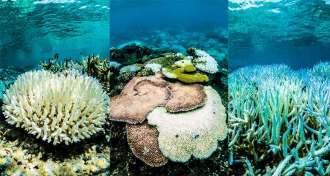 Ecosystems
EcosystemsHeat may outpace corals’ ability to cope
Corals may soon lose their ability to withstand warming waters.